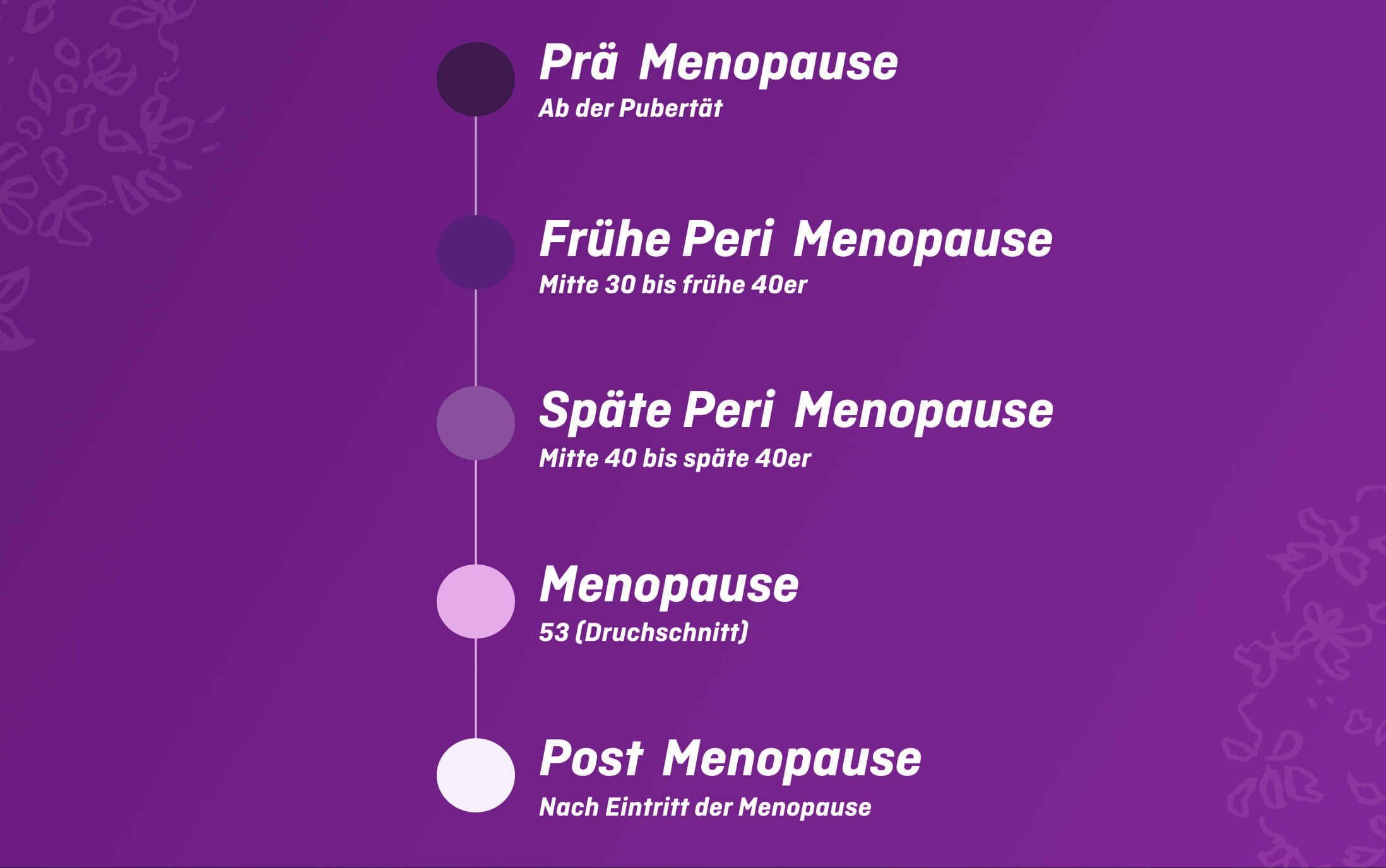The menopause and interpersonal relationships
The hormonal rollercoaster of the menopause can thoroughly affect a woman’s world of emotions. Those around you simply notice that you are different and behaving differently than you did before the menopause. Which is why today, we want to talk to you about interpersonal relationships and look into the question of whether and how the menopause can influence them.

Perhaps another note to start: Around two-thirds of all women have no or only few complaints during the menopause, with only one-third suffering the effects of the menopause. Particularly for this group, the article below should help to raise awareness of the topic and offer ideas for actively dealing with the situation.
Let us start with the external impact, whether in your partnership, family, friendship group, at work or otherwise in life. The range of effects of hormonal changes is vast and ranges from a more irritated to insecure demeanour or can be associated with situations incredibly uncomfortable for you.
For example, if you go red due to hot flushes in moments where they are not at all needed, or if you experience excessive sweating during important meetings at work. The often observed lack of sleep is also not without consequences: You become more nervous, more easily irritable and less resilient. Depressive moods can set in during the menopause and you no longer feel so laidback, are less optimistic and may withdraw more.
Those around you will usually register this and will probably ask or wonder what is wrong, because they have never seen you like that over the years. Of course, you could say, they might think you are going through the menopause – it is entirely normal at a certain age.
It is better to address the subject of menopause actively. Be open about the fact that you are in the menopause and currently have certain challenges to overcome. Be transparent that you are currently living with a hormonal rollercoaster and your body is pulling the strings. You can also talk about your problems, worries and desires in a familiar and closer environment. Only in this way will those around you gain an understanding of your current situation and be able to support you during this phase in an ideal way.
A second point concerns your role as a partner and mother. Usually, when women enter the menopause, children are becoming adults, are sooner or later going to leave the parental home and the familiar constellations from the years are changing. It is not rare for your own parents or parents-in-law to need more support. That is, not only your hormone levels, but also your familiar family life is often about to transition to a new phase at the same time.
Of course, you cannot simply pull a solution out of a hat. First, you need to be clear about where you and how you see your future role. It is possible that nothing or only little will change for you. However, sometimes partnerships can be put to the test and then it is worth talking to your partner to find a common solution again.
One special aspect in the partnership is the effects on sexuality, especially when you have enjoyed an intact sex life thus far. During the menopause, you may experience vaginal dryness, making sexual intercourse uncomfortable. It is not rare for this to result in an avoidance strategy results, where even an actually harmless kiss can become a problem if there are mistaken intentions at intimacy.
Here too, an honest word is sensible, especially as men are usually not as well informed about the menopause and its effects on sexuality. You can simply talk about the cause and make it clear that it is not a personal rejection, but rather to do with the menopause. This phenomenon may go away again; more than a few women will experience a second sexual awakening during or after the menopause.
With less severe complaints, vaginal gels, preferably from the pharmacy, can be tried, which improve vaginal moisture and can also be used as a lubricant.
With pronounced symptoms, vaginal dryness should be treated, as it increases susceptibility for infections with bacteria and fungi, as well as bladder infections. It is best to have an open conversation with your gynaecologist about whether prescriptive medication for vaginal application is an option for you. These vaginal creams and depositories usually contain hormones, but like with cortisone-based creams, they only work locally and have a waning effect on your hormonal balance.
Our advice: The menopause is a time of transition in many ways. Try to make the best of it by staying true to yourself and communicating openly about how the hormonal changes are affecting you and your behaviour. This is the best way to get you through this occasionally tumultuous time.

What do women hope from the changes during the menopause and what would they advise younger women?





